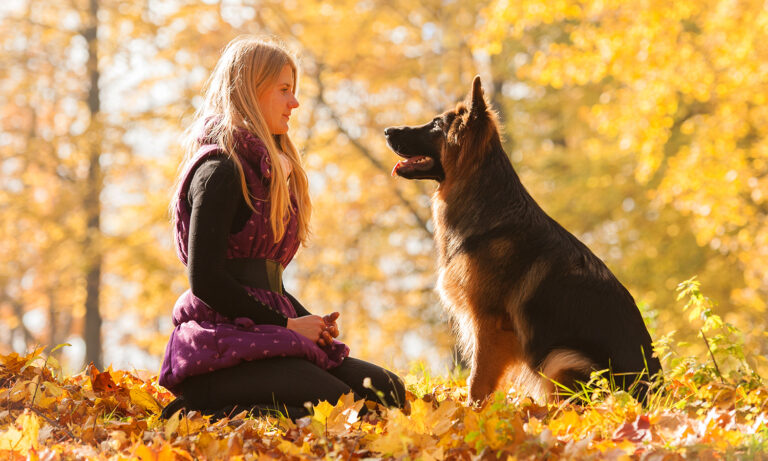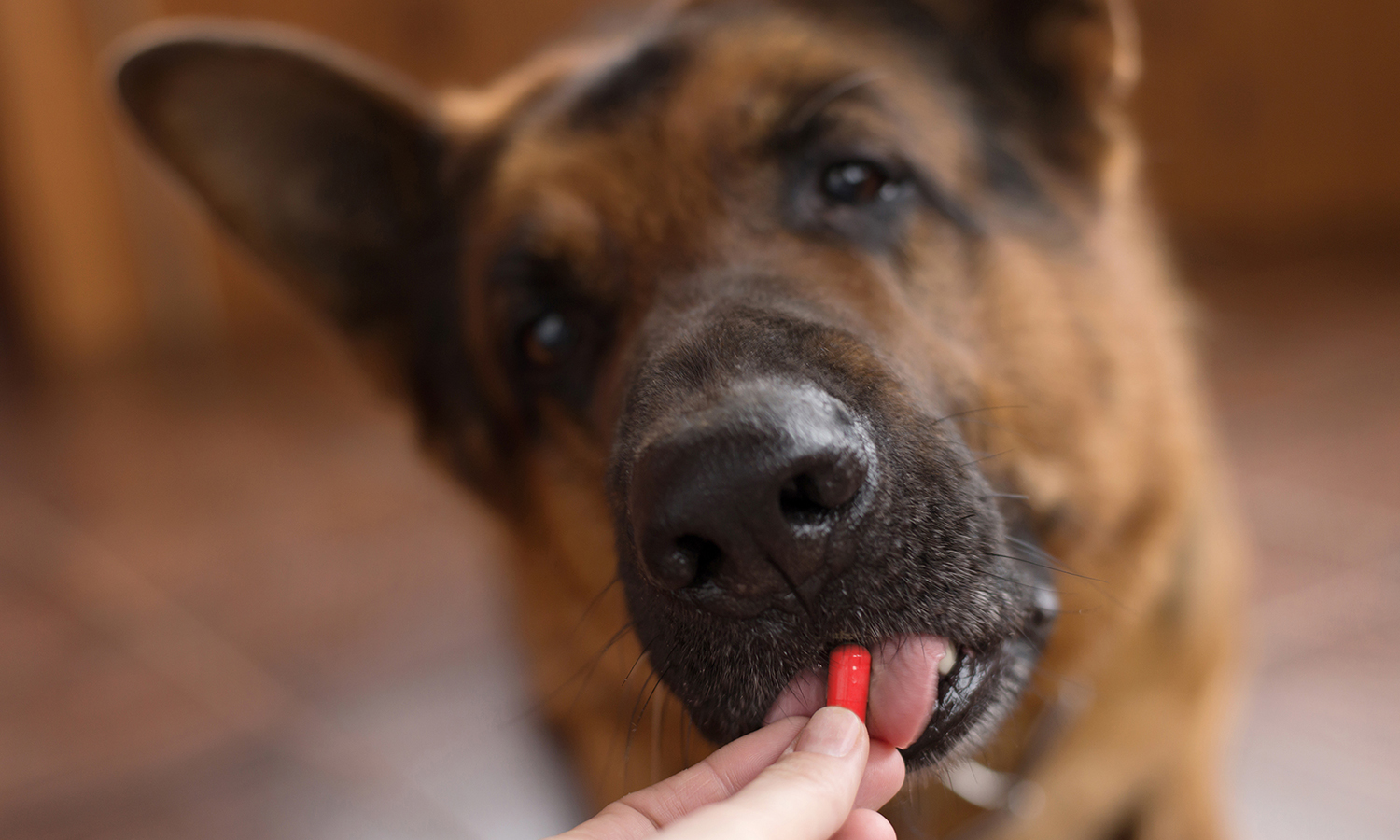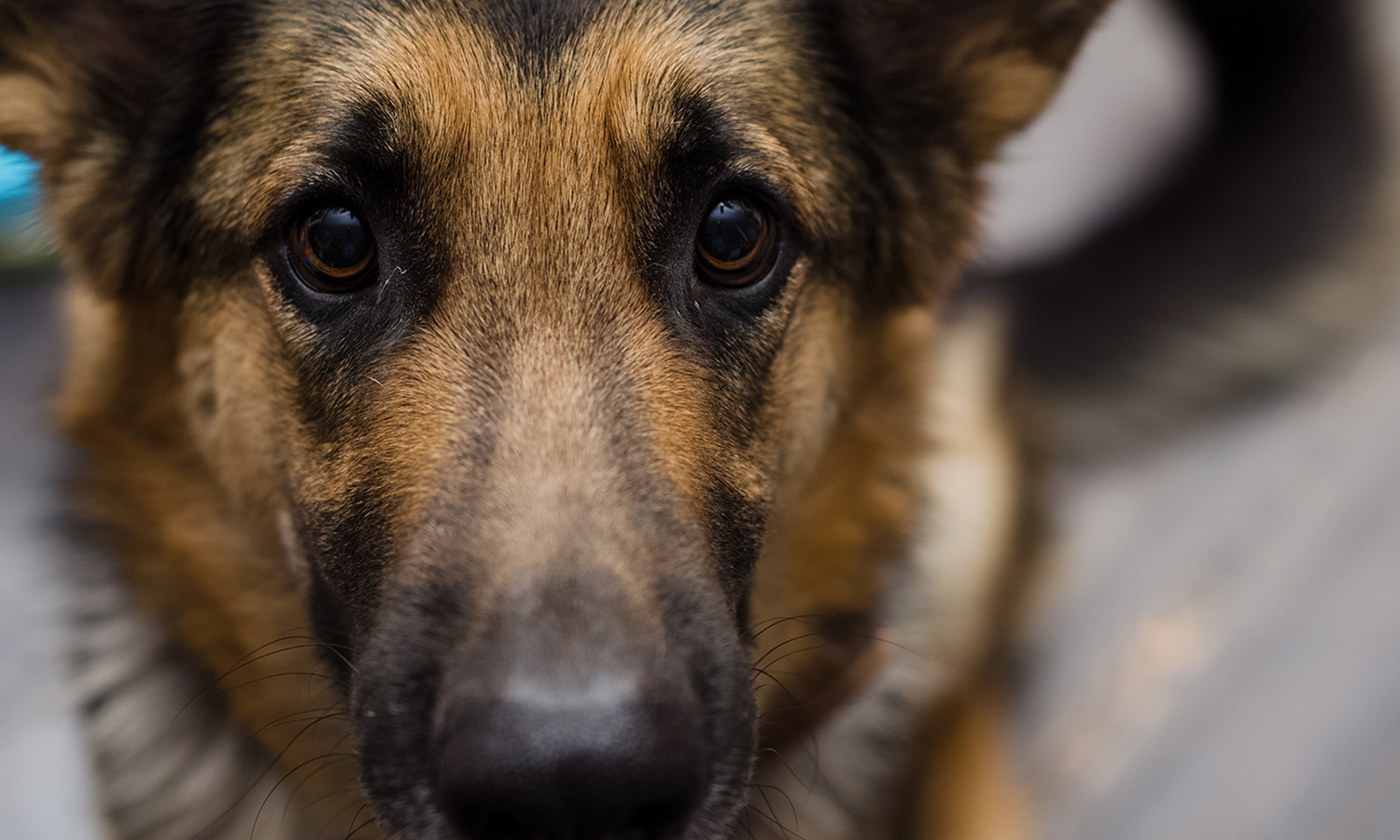
Anthropomorphism is the attribution of human characteristics to inanimate objects, animals, plants, or other natural phenomena or deities.
Would you like a cookie?
Are you ready to go bye-bye in the car?
Honey, meet our new furbaby, Hero.
Does this sound familiar—talking to or about your German Shepherd like it is human?
If the answer is yes, you are applying anthropomorphic characteristics to your dog. You are speaking to them in complete sentences as if they were human. For many of us, this is a common way we interact with the world. But our tendency to perceive the presence of a human-like mind in our German Shepherds can lead to trouble. While dogs do share some mental faculties with humans, anthropomorphism can lead to misunderstanding your dog’s ways of thinking and reasons for its behaviors.
The biggest mistake pet owners make is attempting to elevate their German Shepherds to their status and think of them as human.
Take training for instance. Let’s say you teach your German Shepherd to stand on three legs. Naturally, you would take great pride in this training accomplishment, right? But did you ever consider how your dog might feel about it? Not only might it not feel successful, but depending on the trick, it might even feel depressed or completely confused or dominated. What you feel in a given situation might mean the total opposite to your dog. Another simple example of this is teaching your dog to sit. Sit is one of the first commands a puppy is taught and is a foundation command of obedience training. But did you know that dogs in the wild almost never sit? Sitting is not a natural, comfortable position for a dog and depending on the breed, sitting can even be painful if required often or for long periods of time.
Add to this the fact that we often send mixed signals to our dogs—which lead us to spend enormous amounts of time and money on training. A dog’s behavior is often a direct result of our ability OR INABILITY to understand what it needs—as a DOG.
German Shepherds are highly social pack animals. In nature, relationships between dog pack members is clearly defined and rules are strictly enforced. Dogs have an innate ability to have close relationships with one another and everyone understands the rules. Not understanding and following the rules puts the entire pack at risk. For example, if an individual misbehaves during a hunt, the entire pack goes hungry. When behavioral issues arise, the offenders are swiftly and mercilessly expelled from the pack. A strong pack leader defines and enforces pack rules.
In contrast, most humans are notoriously bad at relationships. Our relationships fail for many reasons—lack of trust, inconsistency, disrespect, etc. When you bring a German Shepherd into your home, you must assume the role as pack leader. If your relationship with your dog begins to head south, most likely, it is not your dog that is at fault.
The more you consider your German Shepherd to be a human, the more your German Shepherd will consider you to be a dog.
If your German Shepherd exhibits a poor behavior—by your standards—it is usually a result of a lack of guidance and/or leadership on your part. Dogs think differently. Dogs live in the moment. If you want to communicate with your German Shepherd, you are going to have to stop thinking of them as people. You must be patient, precise and consistent in teaching them what is and is not allowed in your pack.
The ideal human/dog relationship is built around a foundation of solid leadership—human leadership. Most dogs have no desire to be leaders. Dogs are natural followers and are most comfortable following. If there is no clear leader, a dog will have no choice but to assume the role and the result can be chaos.
Any German Shepherd can have undesirable habits or behaviors that we might want to adjust from time to time, and generally speaking, most dogs can be taught to change much more easily than people.
When you bring a new German Shepherd puppy into your home, it is going to act like a puppy. It’s going to do all the things that puppies do—chew, bark, run, play, mouth/bite and potty at will. Your job—as a responsible, caring pet owner—is to begin to teach your puppy rules it will need to live by if it is now to be part of your pack. And these rules are VERY different from everything it has previously experienced.
One of the most important things to realize is that your new German Shepherd puppy or dog has been taken from its mother and litter mates (a canine society with its own set of rules, boundaries and limitations) and moved into your home (a human society with all of our rules, boundaries and limitations). And this change was NOT BY CHOICE. Pause for a moment and think about what that experience must be like for a dog. What if that happened to you? What if you were to wake up and suddenly find yourself living with a pack of dogs? You cannot speak dog and you don’t know the rules of living within a dog pack. And what if there was no strong leader to teach you what to do and how to do it? You would undoubtedly make a lot of mistakes and you—and your new pack—would be very unhappy.
German Shepherds are AMAZING DOGS. They are incredibly adoptable and most can learn to live in any comfortable, safe environment with a strong leader and proper guidance. If you lead—they will follow.




